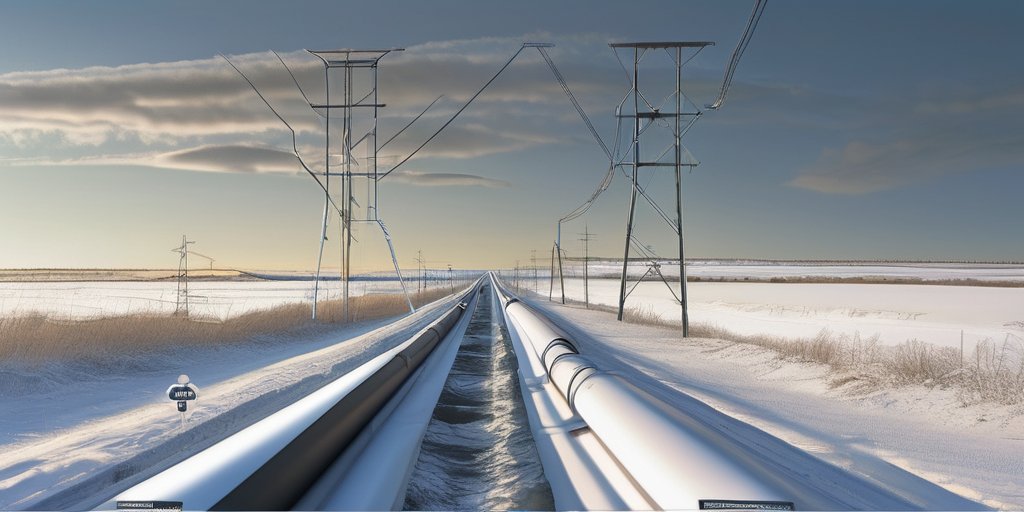In a significant move to bolster energy infrastructure, President Donald Trump has officially granted a Presidential permit to South Bow (USA) LP, allowing the company to operate and maintain pipeline facilities located at Cavalier County, North Dakota, along the international boundary with Canada. This permit, issued on June 30, 2025, revokes a previous permit granted in 2020.
The newly authorized facilities will facilitate the transportation of various hydrocarbons and petroleum products, including crude oil, gasoline, and diesel, between the United States and Canada. However, the permit explicitly excludes the transport of natural gas, subject to the provisions of the Natural Gas Act.
Under the terms of the permit, South Bow (USA) LP must adhere to all relevant federal, state, and local laws and regulations concerning pipeline safety and environmental protection. The operation of the Border facilities will also remain accountable to inspection by governmental agencies to ensure compliance and safety protocols are met. Notably, the terms of the permit allow for operational changes that do not substantially alter the facilities’ structure, providing South Bow with enhanced flexibility in managing throughput capacity.
Furthermore, President Trump maintains the authority to assume control over the facilities for national security purposes, ensuring that the U.S. government can safeguard its interests while compensating the permittee appropriately. In the case of ownership transfers or operational changes, the permittee is obliged to notify the President’s office and uphold the integrity of the permit under all circumstances.
This strategic decision reflects the current administration’s commitment to advancing energy independence and strengthening infrastructure at critical border points.
As natural resource transport becomes increasingly pivotal to economic discussions, this permit is expected to play a significant role in enhancing trade and energy relationships between the U.S. and Canada, while also supporting President Trump’s broader policy agenda aimed at bolstering American energy dominance.
